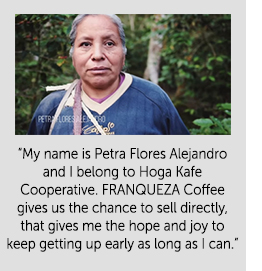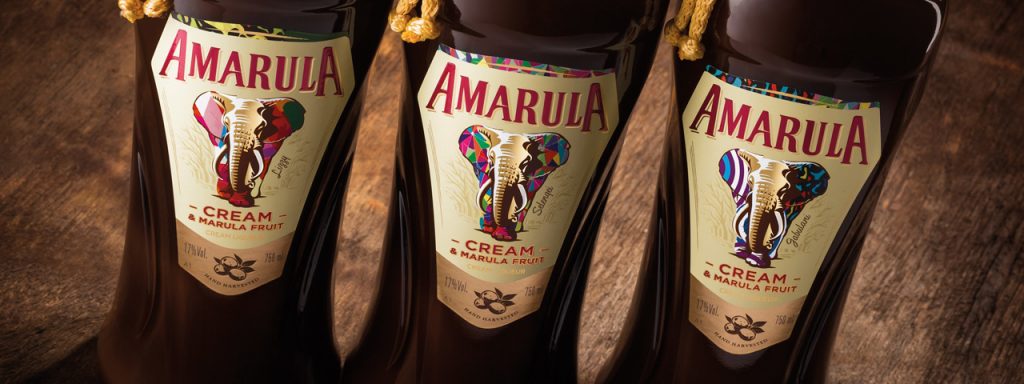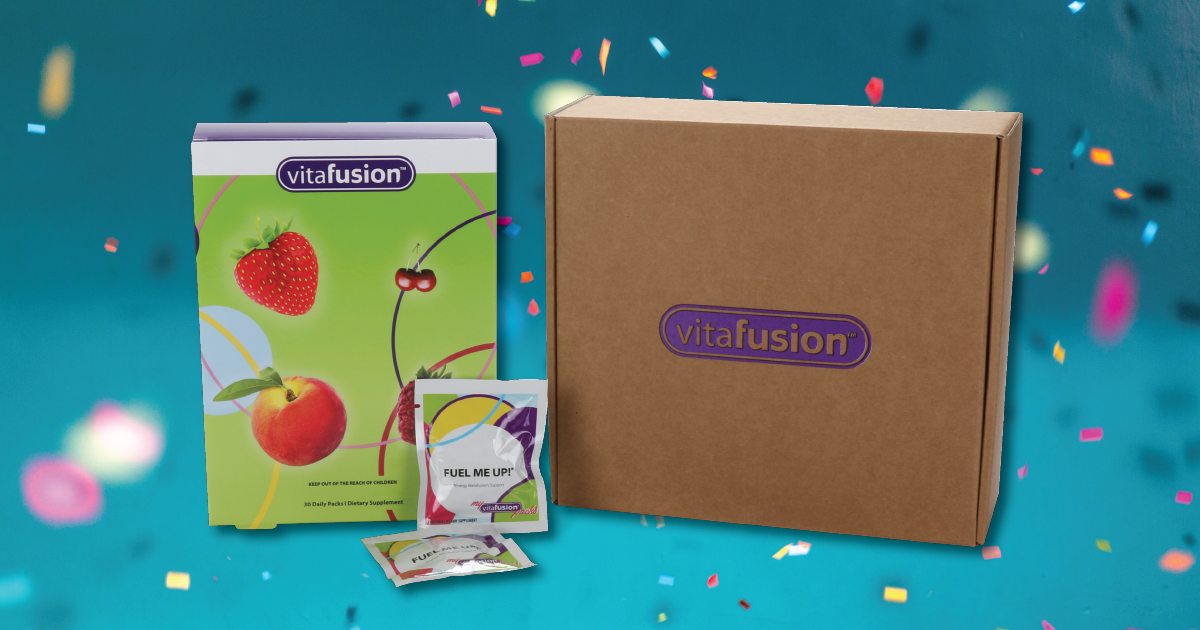
The Social Impact of Cause Marketing
Other Articles You Might Enjoy

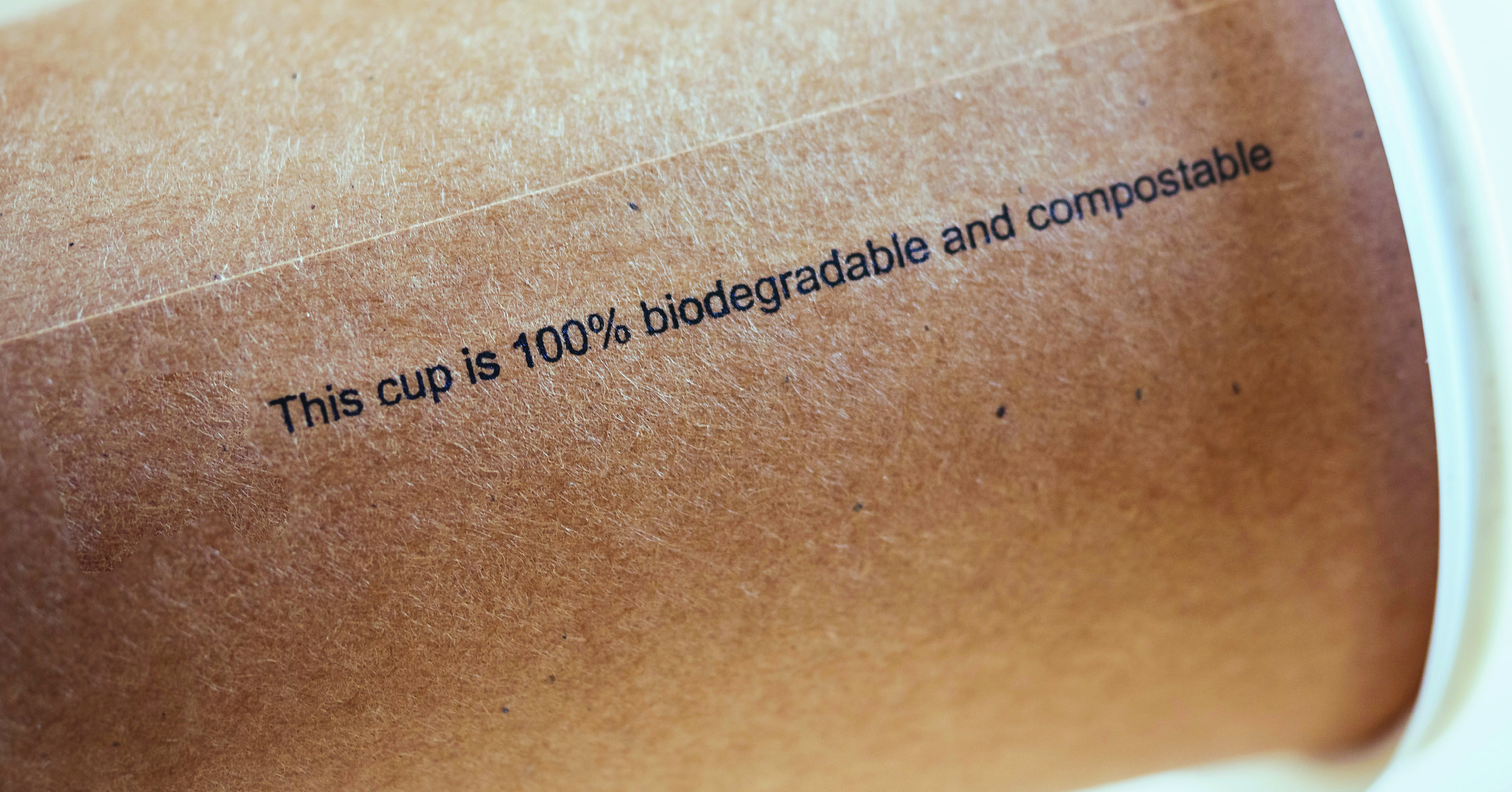
Mythbusting Common Compostability Claims
As of now, only about 185 cities in the U.S. pick up food waste at the curb for composting, but fewer than half of those accept compostable packaging. Does that mean that this packaging shouldn’t be considered by brands and small business owners when looking to move towards greener packaging?
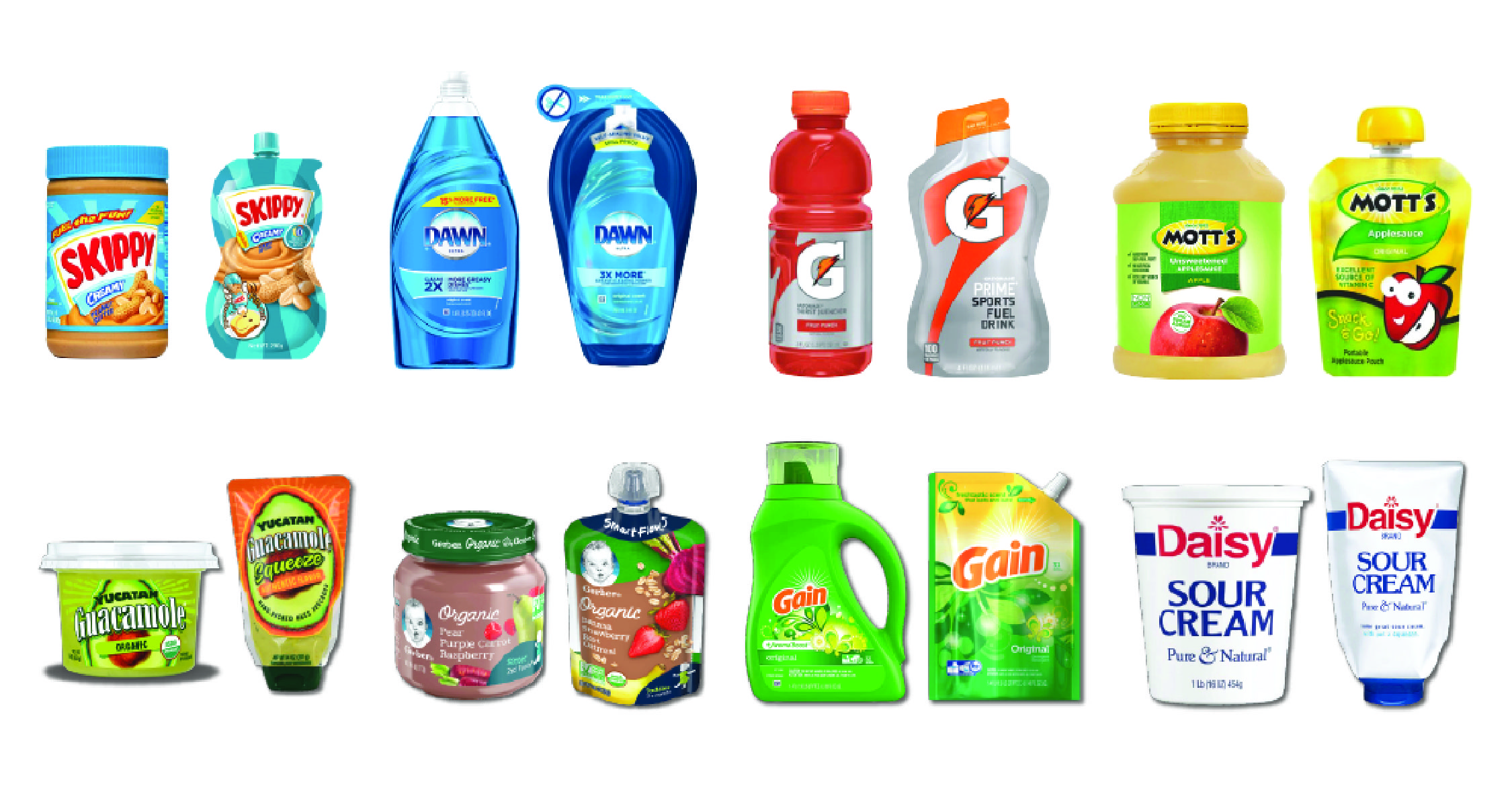
The Future is Flexible Packaging
Flexible packaging is one of the fastest growing segments in the packaging industry. It is defined as any packaging that can readily take the shape of the product inside and combines the best qualities from a variety of different package formats. Flexible packaging provides a multitude of benefits to the Consumer Packaged Goods industry, driving more brands to choose flexible over rigid for their packaging needs.

